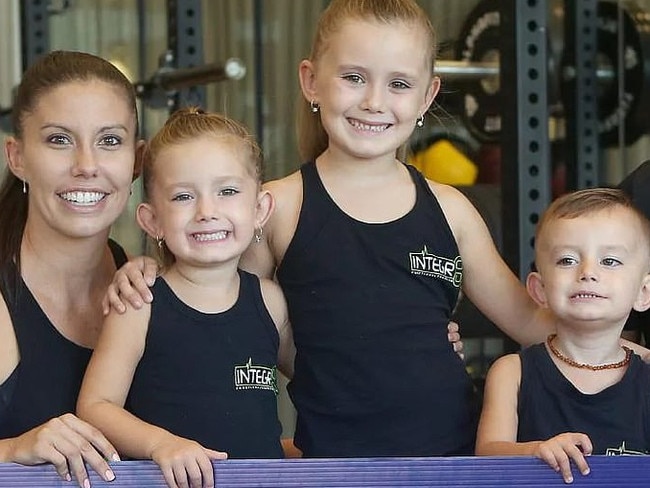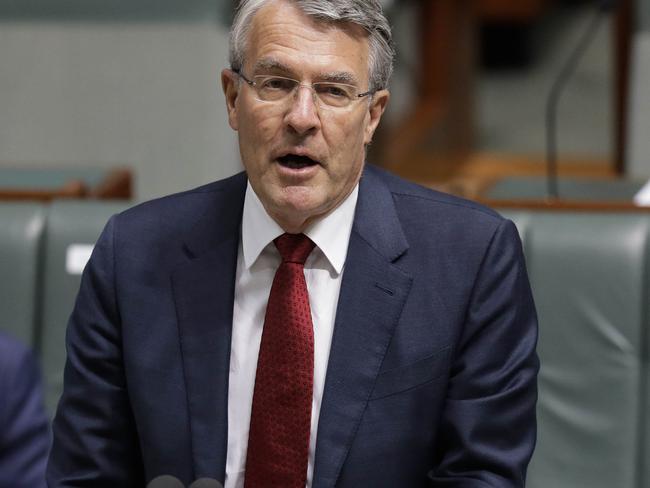Hannah Clarke’s horrific murder triggers major change
The horrific murder of Hannah Clarke and her three children has sparked a major overhaul of coercive control laws across the country.
Australia will take a national approach to the way it deals with coercive control under a plan drawn up by the nation’s top law officers.
Coercive control is a form of domestic and family violence that refers to patterns of abusive behaviour used by a perpetrator to dominate another person, usually in an intimate partnership.
The issue was thrust into the spotlight by the horrific murders of Hannah Clarke and her three young children in Brisbane at the hands of her estranged husband Rowan Baxter, who then killed himself.
After their deaths, it emerged Mr Baxter had subjected Ms Clarke to escalating manipulative and controlling behaviours before he killed her and their children.

Developing national principles on coercive control was a key focus of the first meeting of state and federal Attorneys-General since the election of the Albanese government.
The Attorneys-General endorsed a consultation draft of eight national principles to address coercive control at the meeting on Friday, chaired by Commonwealth Attorney-General Mark Dreyfus.
“Sadly, no one should think that the tragedy that occurred with Hannah Clarke and her children was an isolated incident and that’s, of course, why we are taking this collective action,” Mr Dreyfus told reporters on Saturday morning.
“We know that coercive control is a widespread problem. We know that we need to do more to recognise this problem.”
Mr Dreyfus said the national principles, which are due to be signed off on early next year, recognise that Australia needs to do more to respond to coercive control.
“They talk about how to recognise coercive control when it occurs, how to listen to victim survivors who are experiencing coercive control,” Mr Dreyfus told reporters on Saturday morning.
“The importance of not assuming that abuse in family relationships is always necessarily going to involve violence.
“(And) the recognition that it can be a completely nonviolent set of interactions, but nevertheless, you’ve got this pattern of behaviour.”

The NSW and Queensland governments are moving to make coercive control a specific criminal offence.
The proposed laws have attracted criticism from some advocates who say they may result in vulnerable people and Aboriginal women being unfairly targeted by the legal system.
Mr Dreyfus said other states had suggested that their criminal laws already enable charges to be laid in the instance of coercive control.
The Attorneys-General have also agreed to continue to work on improvements to the way the criminal justice system responds to sexual violence, following advocacy from former Australian of the Year Grace Tame.
They also discussed progress towards model defamation reform, issues of youth justice, and Indigenous justice reform at their meeting on Friday.
People seeking support can contact the 24-hour national sexual assault, family and domestic violence counselling line on 1800 RESPECT



